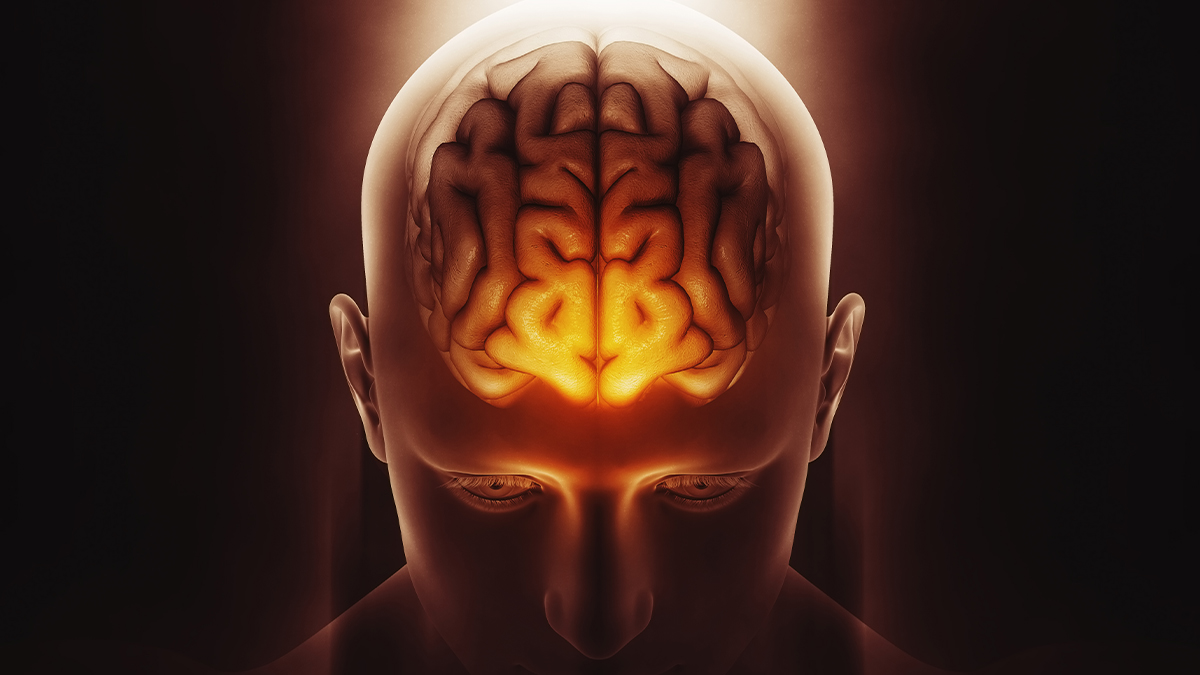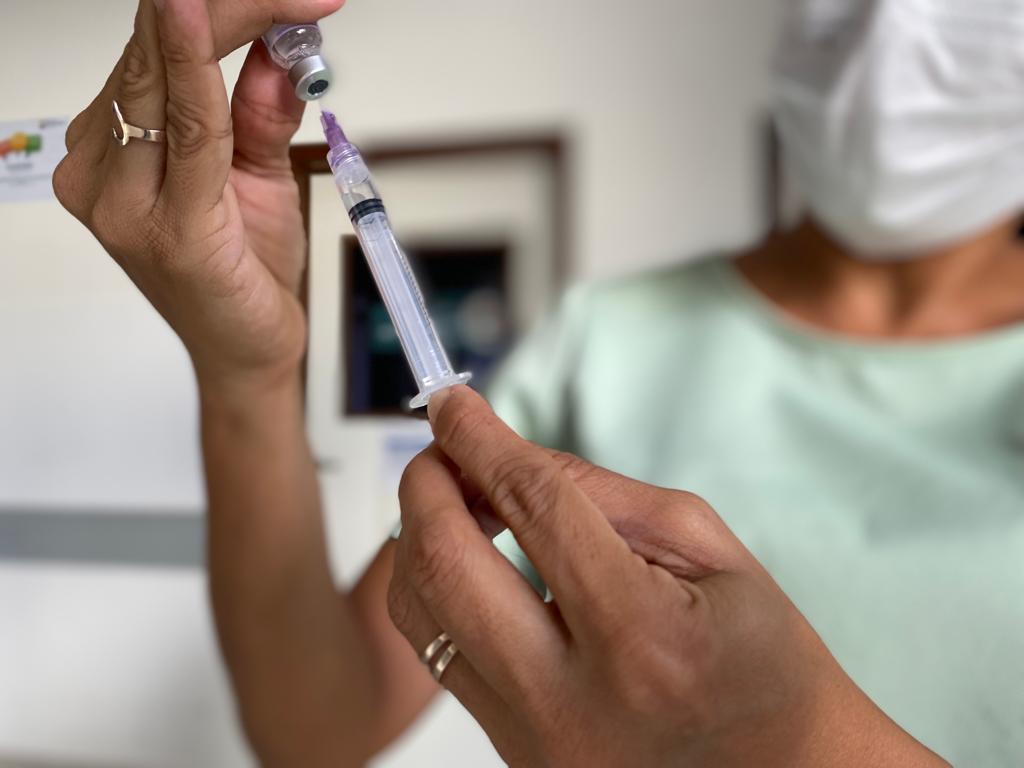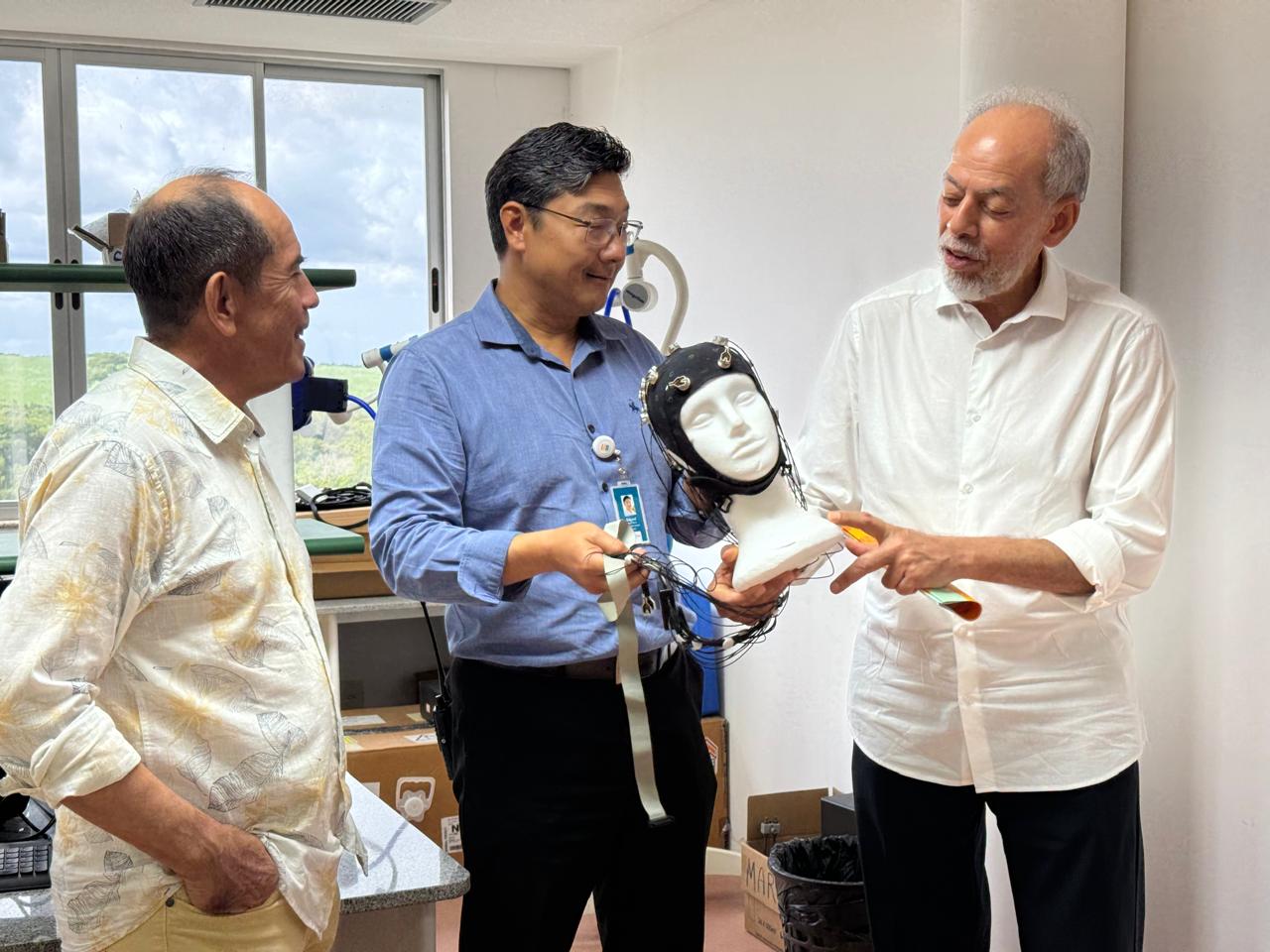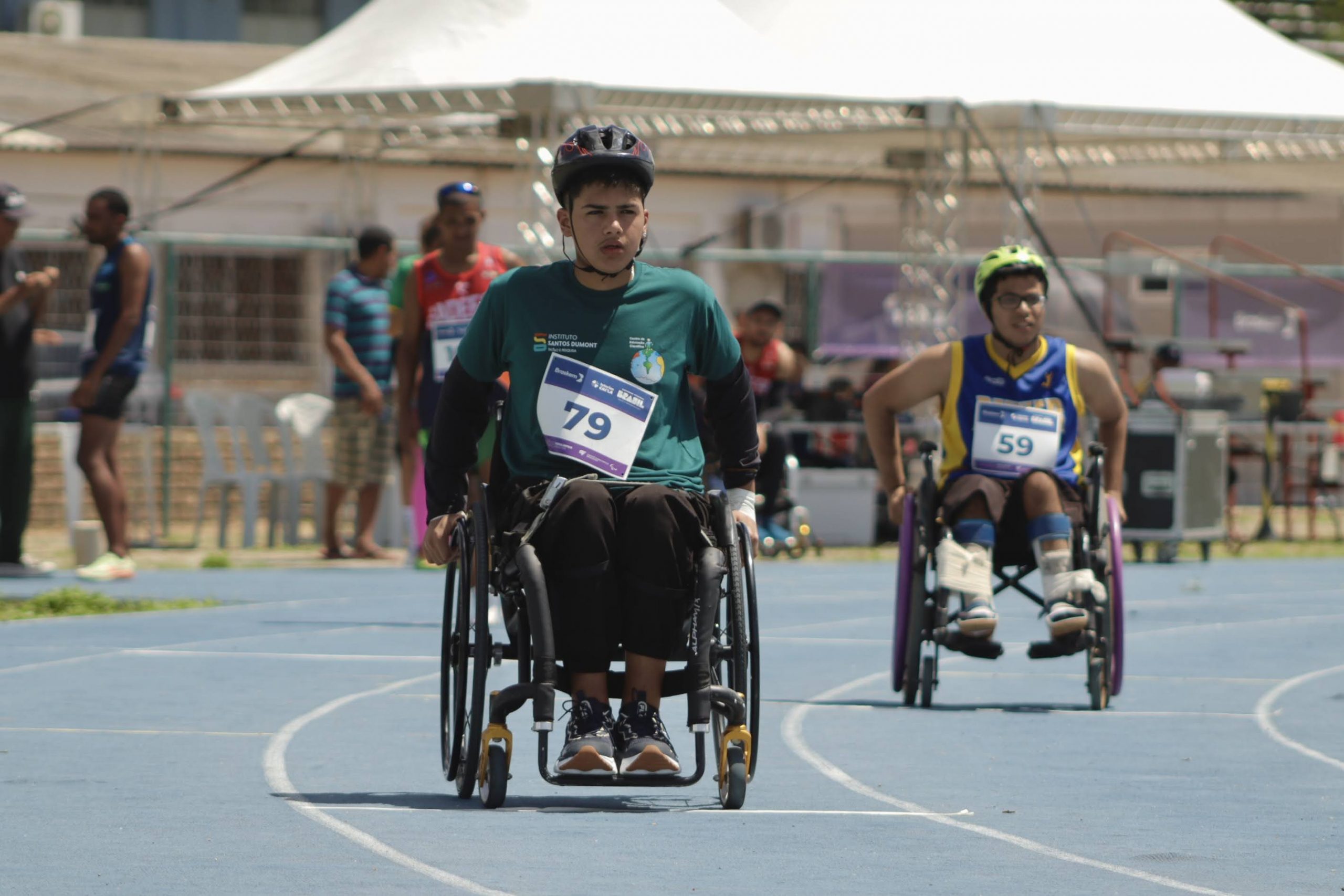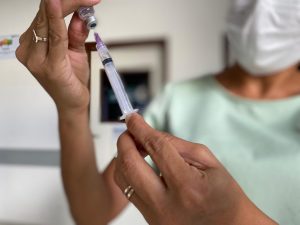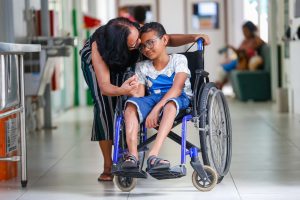
Report published this Monday (14) by the newspaper O Povo, from Ceará, shows what is known and what is under investigation about how Covid-19 can affect the brain.
The panorama is outlined with the help of specialists, including Edgard Morya, physiotherapist, postdoctoral fellow in Human Physiology and research coordinator at the International Institute of Neurosciences Edmond and Lily Safra, from the Santos Dumont Institute (ISD), and Hougelle Simplício, neurosurgeon, PhD in Neurology and coordinator of the Specialized Center for Hearing, Physical and Intellectual Rehabilitation at the Anita Garibaldi Health Education and Research Center, also at ISD.
The researchers explain that people who have tested positive for the disease report symptoms related to the nervous system such as dizziness, headache, altered consciousness, acute cerebrovascular disease, ataxia and seizures.
There are, however, suspicions of other complications such as encephalitis, acute paralysis, Guillain-Barré syndrome, encephalomyelitis and muscle alterations. Other changes may also be reported with new research and longer observation of people who were affected.
And, below, see the interview with reporter Catalina Leite, from O Povo, answered by email by ISD researchers.
INTERVIEW GRANTED TO THE JORNAL O POPO
Edgard Morya and Hougelle Simplício, ISD researchers
To what extent do coronaviruses, as a family, tend to affect the brain? Is it something that was observed in Sars-Cov or in Mers? Or are the neurological symptoms that are emerging with Sars-Cov-2 something new?
Neurological disorders have been reported in both the MERS and SARS-CoV outbreaks, and more recently in SARS-CoV-2. In the case of MERS, the receptor for binding the virus to enter the cell is DPP4 (dipeptidyl peptidase 4), while in SARS-CoV the receptor is ACE2 (angiotensin-converting enzyme 2), but there is evidence to indicate that the affinity of the SARS-CoV-2 to the ACE2 receptor is higher. Although this link between SARS-Cov-2 and the ACE2 receptor is known, the way in which the virus invades the neurological system has not yet been clarified. Among the hypotheses are the invasion of the brain through cells present in the blood or through neurons (neurological tissue cells) responsible for smell and present in the nose.
What symptoms or manifestations related to the brain and nervous system have been observed in patients with Covid-19?
Common symptoms related to the nervous system are dizziness, headache, altered consciousness, acute cerebrovascular disease, ataxia, and seizures. There are suspicions of other complications such as encephalitis, acute paralysis, Guillain-Barré syndrome, encephalomyelitis and muscle alterations. However, other changes can still be reported with new research and longer observation of people who have been affected by Covid-19.
A survey still in pre-print (https://www.biorxiv.org/
Evidence of the neuroinvasiveness of SARS-CoV-2 has been reported by several researchers around the world, but the exact mechanism is still unclear. Knowing the changes and consequences of the impact on the nervous system, interventions can be preventive for neurological disorders.
Evidence of the neuroinvasiveness of SARS-CoV-2 has been reported by several researchers around the world, but the exact mechanism is still unclear. Knowing the changes and consequences of the impact on the nervous system, interventions can be preventive for neurological disorders.
How do you rate the level of understanding that science already has about the effect of Covid-19 on the brain? How much still needs to be understood and studied?
Knowledge is increasing with reports of cases of neurological disorders around the world. Currently, there is evidence that the neuroinvasiveness of SARS-CoV-2 is related to the acute consequences of the infection, and there are doubts about the medium and long-term impact of this infection. Investment in research in Brazil and around the world is essential to accompany the population recovered from Covid-19 to anticipate other consequences that are still unknown. The use of georeferenced real-time monitoring tools can help our health system to locate possible changes and organize preventive actions.
Knowledge is increasing with reports of cases of neurological disorders around the world. Currently, there is evidence that the neuroinvasiveness of SARS-CoV-2 is related to the acute consequences of the infection, and there are doubts about the medium and long-term impact of this infection. Investment in research in Brazil and around the world is essential to accompany the population recovered from Covid-19 to anticipate other consequences that are still unknown. The use of georeferenced real-time monitoring tools can help our health system to locate possible changes and organize preventive actions.
What types of research are already being carried out and published on this relationship?
Initially, research reported the impact of SARS-CoV-2 on human mortality and the attention of health and research systems was directed towards minimizing deaths. There have been advances in these fields and with the improvement in the conduct of patients who have acquired the severe form of Covid-19; attention is also directed to the inflammatory and neurological consequences in the medium and long term in people who have had the mild or moderate forms and in those who have survived the severe form of Covid-19. The step taken by science in gathering information to clarify the mechanisms of the neuroinvasiveness of Covid-19 will make it possible to propose ways to prevent brain damage; in addition, the clinical follow-up of people who had Covid-19 and the observation of the emergence of future neurological disorders (similar to what happened with the Zika virus and the relationship with microcephaly) may help in the formulation of a treatment or rehabilitation strategy for these people.
How is Sars-Cov-2 getting to the brain?
Evidences suggest that this occurs through olfactory neurons, that is, SARS-CoV-2 existing in the nose mucosa, invades the branches of the olfactory nerve located therein and travels retrogradely through the nerve to the brain. Another hypothesis is that it invades the barrier that protects the brain using cells from the circulatory system. Understanding these mechanisms helps in the development of ways to prevent or lessen the impact of the initial invasion.
Would it be possible to say that Sars-Cov-2 definitely affects the brain? Or would it be more appropriate to say that there are indications of this?
Research carried out in different parts of the world is showing evidence of the neuroinvasiveness of SARS-CoV-2 in the nervous system, including showing the presence of SARS-CoV-2 in neural tissues related to the neurological symptoms presented by patients.
Text: Ascom – ISD
Image: kjpargeter / freepik.com
Communication Office
comunicacao@isd.org.br
(84) 99416-1880
Santos Dumont Institute (ISD)
It is a Social Organization linked to the Ministry of Education (MEC) and includes the Edmond and Lily Safra International Institute of Neurosciences and the Anita Garibaldi Health Education and Research Center, both in Macaíba. ISD's mission is to promote education for life, forming citizens through integrated teaching, research and extension actions, in addition to contributing to a fairer and more humane transformation of Brazilian social reality.

